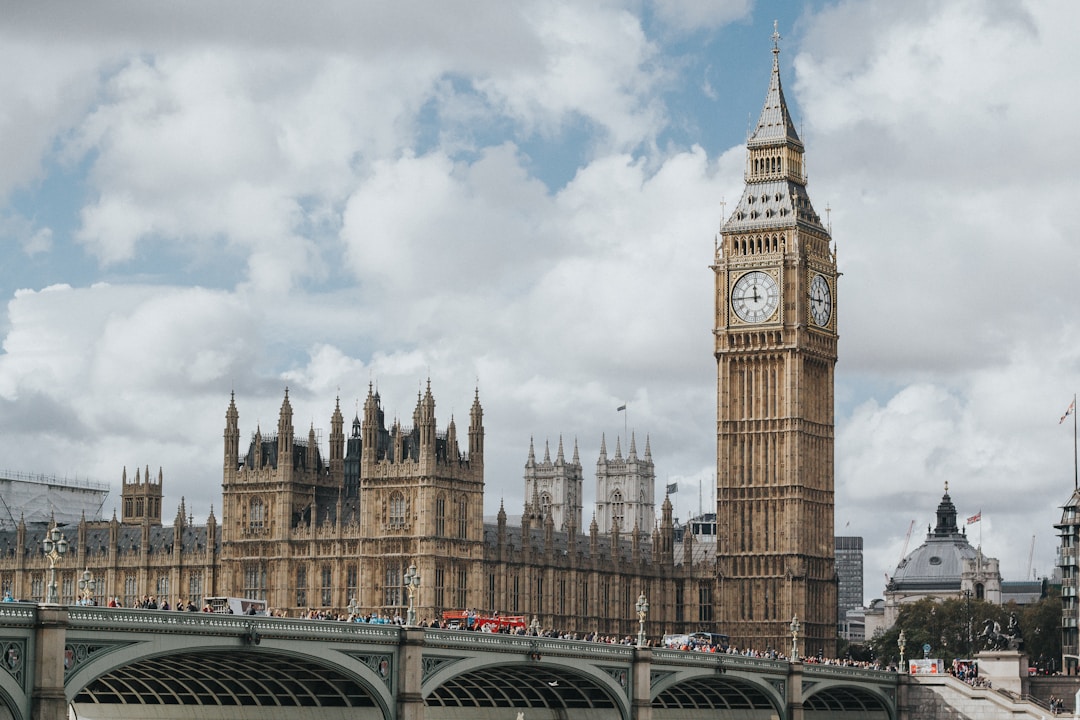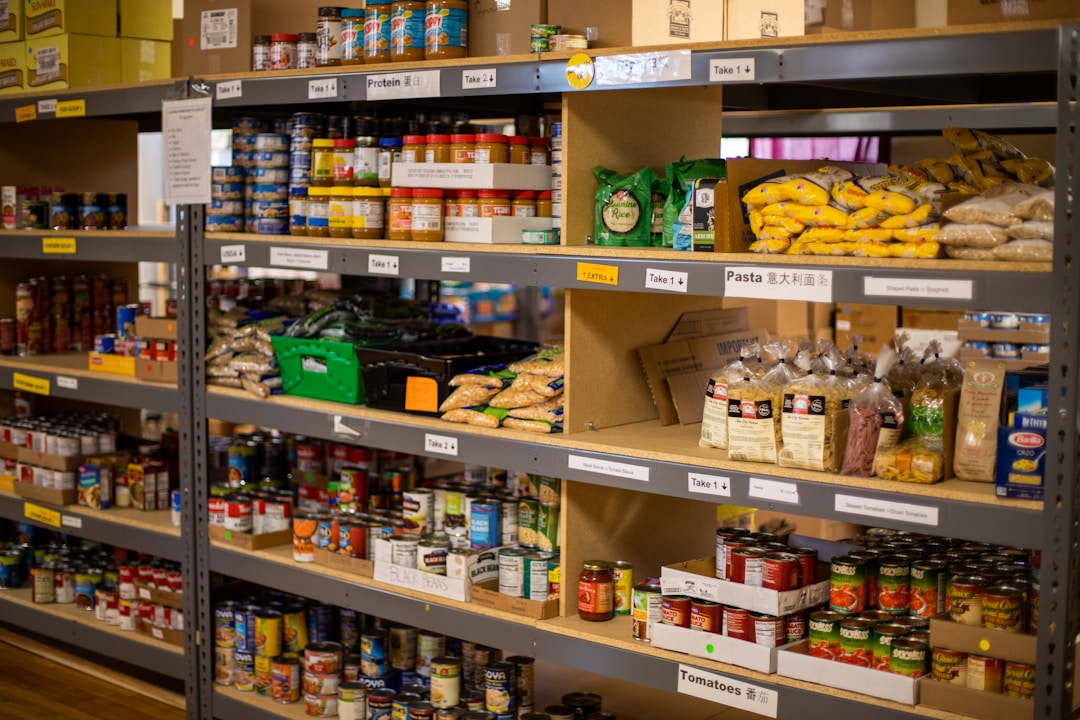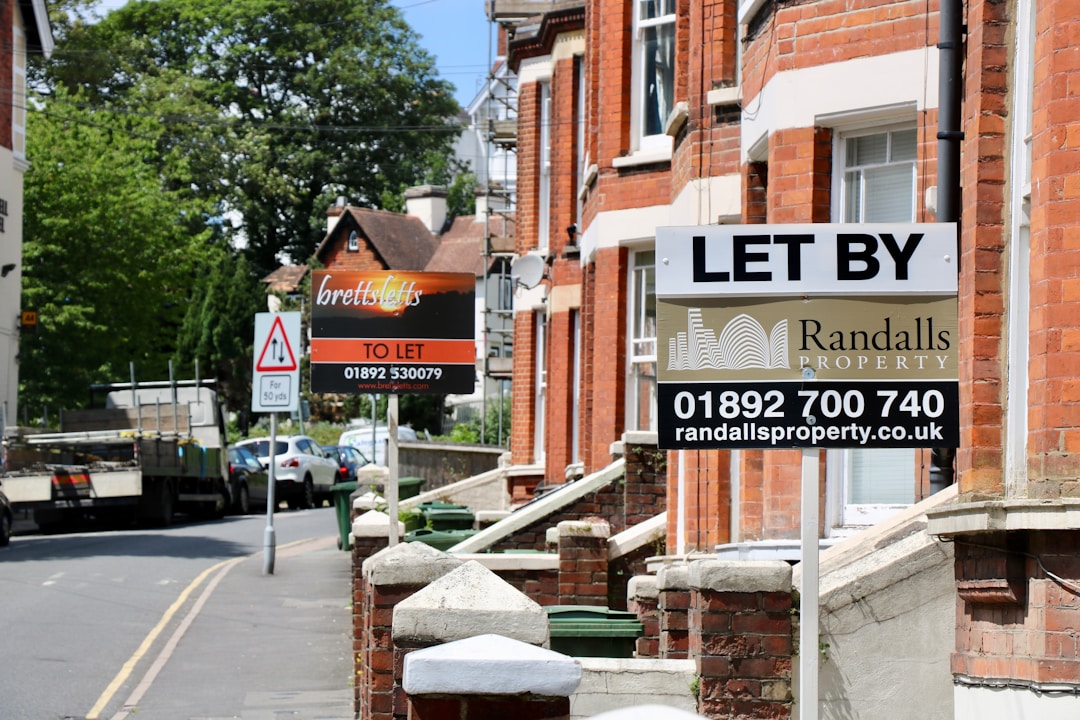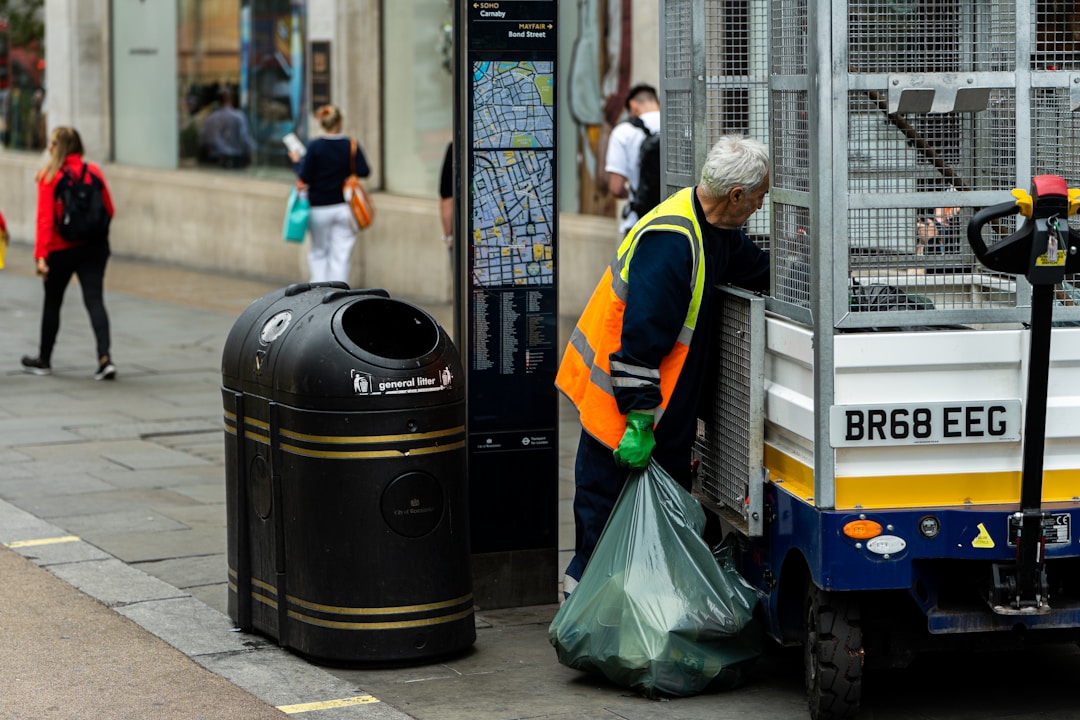
Fairness is instinctive
An innate sense of fairness is hardwired into us, because humans evolved by building large social groups that depend on fair co-operation and rewarding positive behaviour. Study after study shows that fairness is at the top of most people's priorities for society. Its absence animates almost every public and political controversy, from the cost-of-living crisis and climate breakdown to Partygate and the unequal impacts of COVID.
The untapped potential of fairness
We all know what unfairness looks like. So why can’t we come together around a positive vision of fairness, and use that as a widely supported organising principle for society and the economy?
One problem is that many people have different conceptions of fairness, so the prevailing wisdom is that fairness is too nebulous and subjective to be a useful framework. It is easy for participants in a debate about fairness to talk past each other. Some focus on fair process, others on equal outcomes, others on equal opportunities.
Another problem is that the concept of fairness has been used and abused to justify actual or proposed policies that are manifestly unfair. A good example of a policy agenda that has been ‘fairwashed’ in recent years is austerity, which was sold to the British public on the basis that it was an ‘unavoidable’ choice characterised by ‘tough, but fair’ decisions. Fairness is also being invoked by those who are looking to undermine the consensus on net zero.
A consensus can emerge
But there is a latent consensus, waiting to be tapped. As More in Common argued in Britain’s Choice in 2020, “there is a consensus on the need to address inequality that transcends political divisions and reflects majority views... what is striking is how much common ground there is between those who emphasise systemic inequality and those who emphasise personal responsibility… most believe that the economy does not afford enough opportunity for those who work hard and want to get ahead… [and] integrate a belief in personal responsibility [with] the need to do more to reduce inequality."
There is an opportunity to use this common ground as a foundation to build a vision of fairness that attracts broad-based popular support. There’s no denying that fairness is a multifaceted concept. But that doesn’t mean it is impossible to define.
A multi-faceted conception of fairness
Last November, we published The Fair Necessities, which proposes a five-pointed definition of fairness:
Fair essentials – Everyone should have their basic needs met so no-one lives in poverty, and everyone can play a constructive role in society
Fair opportunities – Barriers that prevent people from having equal opportunities should be removed so everyone has a decent chance to succeed in life
Fair rewards – Everyone’s hard work should be rewarded on the basis of their contribution to our society and economy
Fair exchange – Everyone should contribute to society by paying the taxes they owe, and should be supported by society when they need it
Fair treatment – Everyone should be treated according to need, and should enjoy equal respect and influence on decisions made in their name
These five principles are complementary; they aren’t mutually exclusive. Sometimes they are in tension, however, and so they can be a useful starting point for debates about where true fairness lies. For example, sometimes fair treatment demands that everyone is treated equally, while sometimes it requires those with greater need to be given priority, to support fair opportunities or fair essentials. A good example of the latter argument is the October 2022 debate about whether benefits should be increased in line with inflation, with those in favour arguing that benefits recipients are in danger of experiencing destitution if this does not happen.
The ‘fair necessities’ are popular, attracting public support across political and demographic lines in polling we carried out in April 2022.
The link between unfairness and inequality
Underlying all five of the ‘fair necessities’ is the notion that substantial levels of inequality are unfair. Unequal outcomes are only fair if there are equal opportunities, so that those inequalities are the product of different levels of talent and effort, but not of different circumstances. However, there is a problem with this meritocratic ideal. Even in a theoretical world of perfectly equal opportunity, very unequal outcomes in one generation lead inexorably to unequal opportunities in the next.
As a result, in practice, it isn’t possible to build a fair society without reducing inequality from its current levels. And this view is popular with the public. Our polling in April found 83 per cent agreeing with the need to reduce inequality to support fairer opportunities. Even Conservative voters prefer reducing inequality to letting the market dictate outcomes – by a factor of more than two to one. But perhaps this is unsurprising. Fairness is a necessary condition to enable people to enjoy opportunities, to develop their capabilities, to exercise agency and personal responsibility. And the viscerally unequal impacts of the pandemic have made the absence of fairness obvious to everyone.
The Fairness Index
The aim of the Fairness Index is to paint a more detailed picture of how (un)fair society is now, and to suggest practical solutions to build a fairer country.
The index is divided into five sections, one for each ‘fair necessity’, with three indicators per section:
Fair essentials
Fair opportunities
Fair rewards
Fair exchange
Fair treatment
The importance of wealth inequality
The Fairness Index shows that wealth inequality is at the root of unfairness, for three reasons.
Firstly, its severity. Wealth inequality is twice as high as income inequality. The richest fifth of the population own 63% of the country’s wealth; the poorest fifth own 0.6%. Men have 40% more wealth than women. White households are four times more likely to have more than £500,000 in wealth than black African households.
Secondly, its causes. Most increases in wealth over recent decades have been ‘passive’ (driven by increases in the asset values of existing wealth) rather than ‘active’ (due to saving or other activities suggesting the application of talent through hard work). Inheritances play an increasingly important role in determining life chances and outcomes.
Causes of wealth inequality
Income inequality is high by historical and European standards 
 Income inequality is high by historical and European standards
Income inequality is high by historical and European standards

Many high earners are paid unreasonably large amounts of money
 Many high earners are paid unreasonably large amounts of money
Many high earners are paid unreasonably large amounts of money

The best way to become wealthy is to be wealthy already
 The best way to become wealthy is to be wealthy already
The best way to become wealthy is to be wealthy already

The rising costs of living hit poorer households harder
 The rising costs of living hit poorer households harder
The rising costs of living hit poorer households harder

Too many people are on low incomes and in insecure work
 Too many people are on low incomes and in insecure work
Too many people are on low incomes and in insecure work

Thirdly, its consequences. Wealth inequality is a barrier to the achievement of all five of the ‘fair necessities’. It allows poverty to reach unacceptable levels, undermining fair essentials. It leads to educational and job market inequalities, undermining fair opportunities. It undervalues many forms of work, undermining the social contract and fair rewards. If not properly taxed, it weakens public services, undermining fair exchange. It leads to egregious inequalities across class, racial, gender, regional and generational divides across every aspect of our society and economy – from democracy and the environment to health and criminal justice – undermining fair treatment.
Consequences of wealth inequality
Disadvantage undermines people’s capabilities and opportunities
 Disadvantage undermines people’s capabilities and opportunities
Disadvantage undermines people’s capabilities and opportunities

People from poorer backgrounds are less likely to get to and do well at university
 People from poorer backgrounds are less likely to get to and do well at university
People from poorer backgrounds are less likely to get to and do well at university

People from poorer backgrounds do less well at school
 People from poorer backgrounds do less well at school
People from poorer backgrounds do less well at school

Poorer people don’t have a buffer against economic shocks
 Poorer people don’t have a buffer against economic shocks
Poorer people don’t have a buffer against economic shocks

Socio-economic inequality leads to environmental inequality
 Socio-economic inequality leads to environmental inequality
Socio-economic inequality leads to environmental inequality

Socio-economic inequality leads to health inequalities
 Socio-economic inequality leads to health inequalities
Socio-economic inequality leads to health inequalities

Socio-economic inequality leads to more crime and less effective criminal justice
 Socio-economic inequality leads to more crime and less effective criminal justice
Socio-economic inequality leads to more crime and less effective criminal justice

Socio-economic inequality leads to political inequality
 Socio-economic inequality leads to political inequality
Socio-economic inequality leads to political inequality

The education system can never totally compensate for disadvantage
 The education system can never totally compensate for disadvantage
The education system can never totally compensate for disadvantage

The structure of our economy leads to huge regional inequalities
 The structure of our economy leads to huge regional inequalities
The structure of our economy leads to huge regional inequalities

Wealth inequality is much larger than income inequality
 Wealth inequality is much larger than income inequality
Wealth inequality is much larger than income inequality




























